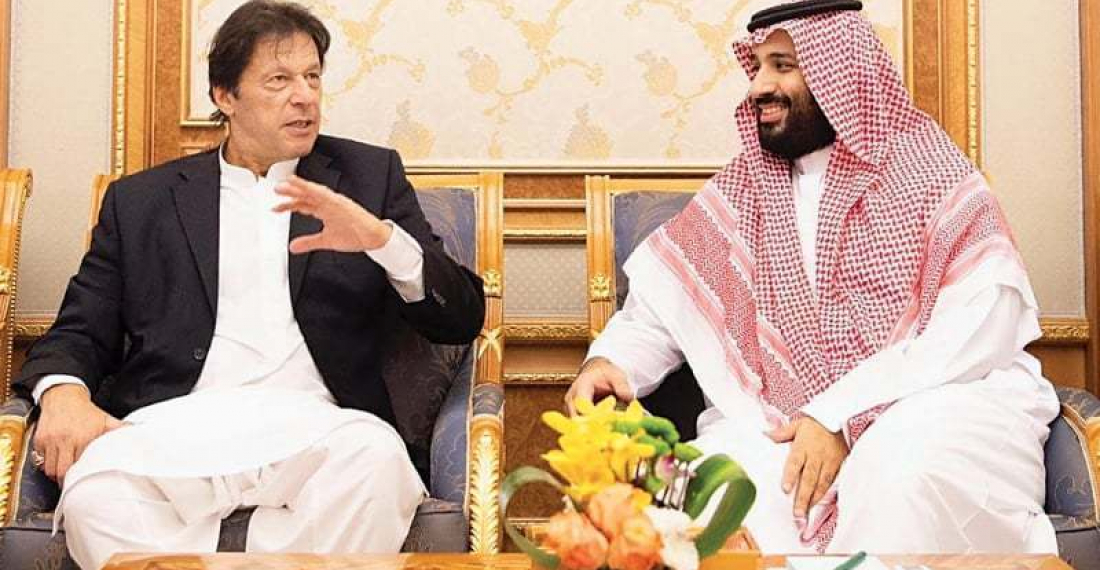The government of Pakistan is seeking an urgent bailout from China in order to repay a large loan due to Saudi Arabia.
It follows an unexpected call from Saudi Arabia for Pakistan to pay back a USD 3 billion loan. Saudi Arabia and Pakistan have traditionally had close political, military and economic relations, but in recent years these relations have cooled down considerably. So whilst in the past Saudi Arabia often forgave loans that it was due from Pakistan, this time it is insisting to be paid on time. Saudi Arabia gave Pakistan a USD 3 billion loan and a USD 3.2 billion oil credit facility in late 2018.
The first USD 1 billion of the loan was repaid in the summer, and a second USD 1 billion was paid in the last days. Another USD 1 billion is due in January.
Media reports suggest that Pakistan is seeking to raise the money in China, possibly through a loan with one of the commercial banks.
This is yet another example of shifting alliances and relations in the wider Middle East. It also further embeds Pakistan in China's sphere of influence as both countries step up their pressure on India.
source: commonspace.eu with agencies
photo: Pakistan prime minister Imran Khan and Saudi Crown Prince, Mohammed bin Salman meeting in Riyadh in October 2018 (archive picture)







